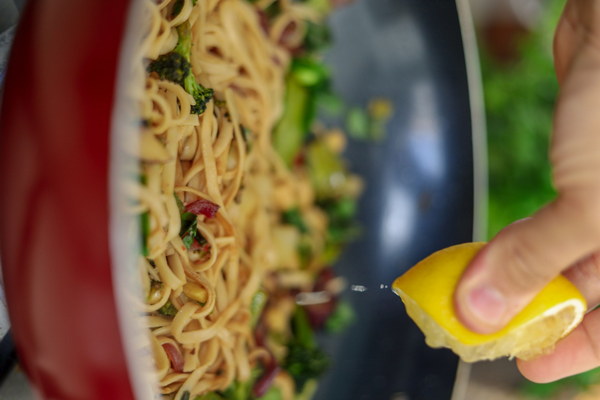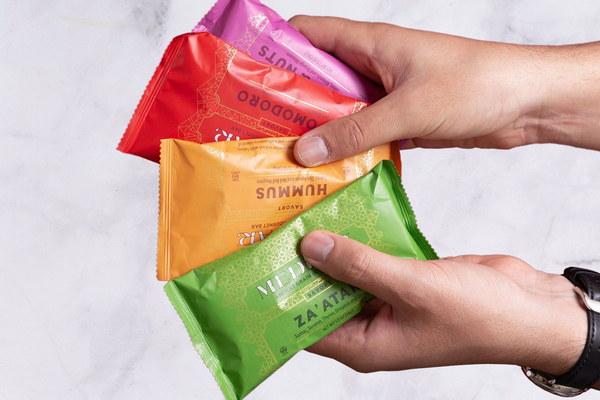Natural Remedies and Lifestyle Adjustments for Managing Premature Ventricular Contractions
Premature Ventricular Contractions (PVCs), also known as PVCs or skipped beats, are a common type of arrhythmia that can cause a feeling of fluttering, pounding, or racing in the chest. While PVCs are often harmless, they can be unsettling and may lead to anxiety. If you have been diagnosed with PVCs, here are some natural remedies and lifestyle adjustments that can help you manage and reduce their frequency.
1. Stay Hydrated
Maintaining adequate hydration is essential for heart health. Dehydration can lead to an irregular heartbeat, so ensure you drink plenty of water throughout the day. Aim for at least 8 to 10 glasses of water daily, and adjust your intake based on your activity level and climate.
2. Monitor Your Caffeine Intake
Caffeine can trigger PVCs in some individuals. If you suspect caffeine is contributing to your PVCs, consider reducing your intake or eliminating it altogether. Replace your morning coffee with herbal tea or water to help manage your symptoms.
3. Limit Alcohol and Nicotine
Alcohol and nicotine can both exacerbate PVCs. Cutting back or quitting these substances can help reduce their frequency and severity. If you're struggling to quit, consider seeking support from a healthcare professional or support group.

4. Practice Relaxation Techniques
Stress and anxiety can trigger PVCs, so learning relaxation techniques is essential. Mindfulness meditation, deep breathing exercises, and progressive muscle relaxation can help reduce stress and promote a sense of calm. Set aside time each day to practice these techniques, and you may notice a decrease in PVCs.
5. Maintain a Healthy Weight
Being overweight or obese can increase the risk of PVCs. Losing weight can improve your heart health and reduce the frequency of PVCs. Consult with a healthcare professional to create a personalized weight loss plan that includes diet and exercise.
6. Engage in Regular Physical Activity
Regular exercise strengthens your heart and improves overall cardiovascular health. Aim for at least 30 minutes of moderate-intensity aerobic exercise most days of the week. Activities such as walking, cycling, or swimming are great options.
7. Improve Your Diet
A balanced diet rich in fruits, vegetables, whole grains, lean proteins, and healthy fats can help manage PVCs. Avoid processed foods, excessive salt, and saturated fats, as these can contribute to heart disease and PVCs. Consider consulting with a registered dietitian to create a heart-healthy eating plan.
8. Get Adequate Sleep
Sleep deprivation can trigger PVCs, so it's crucial to get enough rest. Aim for 7 to 9 hours of quality sleep per night. Establish a bedtime routine that promotes relaxation, such as taking a warm bath, reading, or listening to calming music.
9. Limit Exposure to Electromagnetic Fields
Some studies suggest that electromagnetic fields (EMFs) from electronic devices can trigger PVCs. Try to limit your exposure to EMFs by keeping electronic devices away from your bed and using them less frequently.
10. Seek Professional Guidance
If you're struggling to manage your PVCs, it's essential to seek guidance from a healthcare professional. They can help determine the underlying cause of your PVCs and recommend appropriate treatment options, which may include medication, lifestyle changes, or other interventions.
By implementing these natural remedies and lifestyle adjustments, you can help manage and reduce the frequency of PVCs. Remember that it's essential to work closely with your healthcare provider to create a comprehensive treatment plan tailored to your specific needs.









